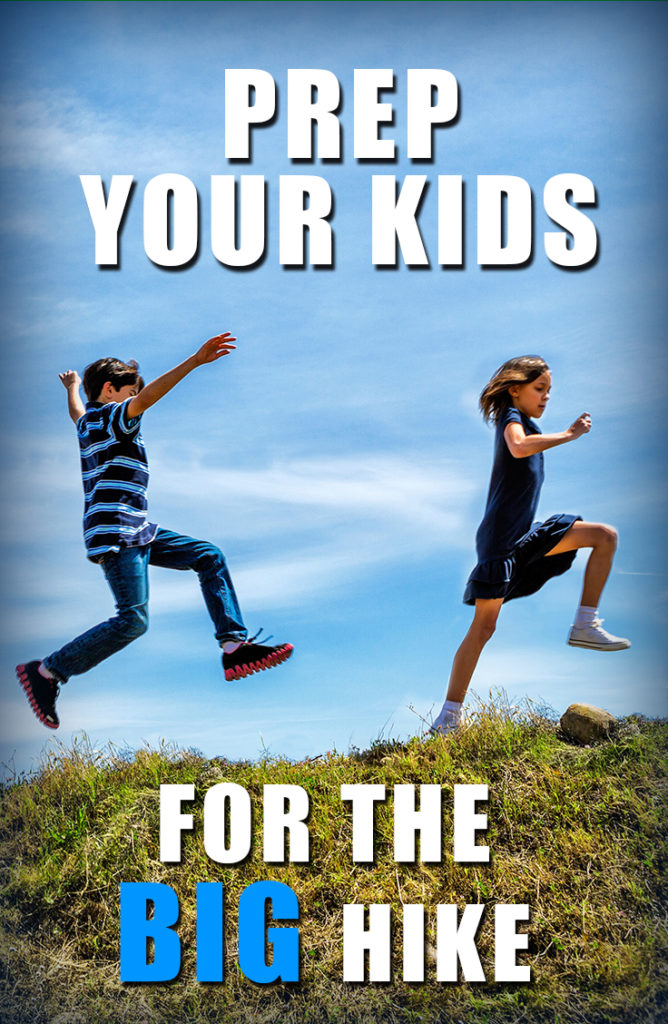 I love to hike. There’s no other place in which I feel at peace with myself and feel hope for the world and the future. But hiking is not without its struggles. Sometimes it is difficult, depending on the trail, and there’s nothing wrong with that. I believe the more difficult the trail the greater the feeling of accomplishment by the end, and appreciation for life in general.
I love to hike. There’s no other place in which I feel at peace with myself and feel hope for the world and the future. But hiking is not without its struggles. Sometimes it is difficult, depending on the trail, and there’s nothing wrong with that. I believe the more difficult the trail the greater the feeling of accomplishment by the end, and appreciation for life in general.
Sometimes the most beautiful places are hard to reach, but every reward requires sacrifice and struggle and every struggle should be prepared for.
To quote Thomas Jefferson, “Perfect happiness I believe was never intended by the deity to be the lot of any one of his creatures in this world. The most fortunate of us frequently meet with calamities, which may greatly afflict us, and to fortify our minds against the attacks of these misfortunes should be one of the principle studies and endeavors of our lives.”
Life is beautiful, like a good long hike through nature, but it will always accompany some sort of suffering. Whether that be thirst, soreness, shortness of breathe, or even injury. So the best way to enjoy it to its fullest is to fortify our minds and bodies against such misfortunes through preparation and practice.
I believe we need to teach children to hike long journeys to great destinations, in order to prepare them for what is ahead in life.
Here are seven tips to making hiking adventures with your children a success:
1. Start small and have fun.
If your kids have not done much hiking, you want them to enjoy it. I doubt you will be able to get them to go again if they are hating life the whole time. Not to mention, you don’t want to hear them complain the whole time.
2. Wear proper shoes.
This means no flip-flops, no slip-ons, and not brand new shoes.
- If you buy new shoes for a hike, break them in beforehand.
- Keep in mind that some trails may entail crossing water, so either wear waterproof boots, or well-ventilated shoes so they can dry off quickly, but it is best to avoid getting your shoes wet on a long hike.
- When walking over rocky uneven terrain, it is wise for your children to wear high top shoes that support the ankle.
3. Bring water.
Staying hydrated is key to enjoying a family hike without emergencies or worry. It is also a good excuse to stop and take a break so their little legs can rest.
4. Stay positive and supportive.
They will complain about being tired, and wanting to go back before you are finished. It is inevitable. Expect it, and it won’t frustrate you and make you say things that may diminish their character. Compliment them on how well they are doing or how tough they are. Tell them how much you appreciate their adventurous attitude, company, and humor.
5. Educate yourself.
Before you take your kids hiking, research poisonous plants, insects, and animals indigenous to the area. A fun day in the wild should never end with someone itching from head to toe or bit by something dangerous that you know nothing about.
Know the terrain. I always buy a state atlas & gazetteer before a trip to a new place. It will give you a topographical view and gauge of where you are going to hike, and it is great for finding new places for future family adventures. These maps can give a good idea of whether you are hiking in flat or steep terrain. It can be dangerous hiking next to steep cliffs with toddlers and young children, especially when they are tired and getting clumsier by the end of hike.
![Children skipping and jumping up a hill. OUTDOOR ADVENTURE Exclusive only at istockphoto • stevecoleimages • Atlanta, Georgia [url=http://www.istockphoto.com/file_search.php?action=file&lightboxID=5758984 [img]http://dl.dropbox.com/u/40249541/ISP%20Banners/OutdoorAdventure.jpg[/img][/url] [url=http://www.istockphoto.com/file_search.php?action=file&lightboxID=8282165 [img]http://dl.dropbox.com/u/40249541/ISP%20Banners/RoadTrip.jpg[/img][/url] [url=http://www.istockphoto.com/file_search.php?action=file&lightboxID=9072846 [img]http://dl.dropbox.com/u/40249541/ISP%20Banners/Lifestyle.jpg[/img][/url]](http://www.parentinggonewild.com/wp-content/uploads/2016/05/Hiking-1024x415.jpg)
6. Find things to explore on the way.
Kids love to just sit and play with stick, bugs, and anything new and wild. My son will sit and play with a roly-poly for hours if I let him. Pick wild flowers. Identify birds and wildlife. Catch crawfish at the end of your hike, or just throw rocks in the water.
7. Give them a responsibility.
Kids want to be grown up. They want to be considered an equal and some day they will be. So no better time then the present to give them that opportunity. I like to give my daughter my old digital camera and let her explore with it and get creative shots. I give my son the responsibility of controlling the dog, and sometimes they switch.